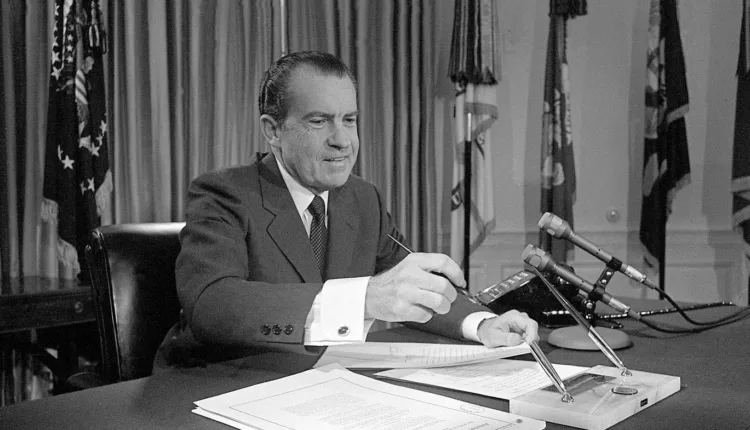
Facing the True Health Care Crisis: Overuse of ‘Crisis’ Label
TL/DR –
The term “health care crisis” is routinely used, but the overuse of the term may be detracting from the real issues, according to a Forbes analysis. An analysis of a column entitled “Two Health Care Cost Crises” by health policy expert Drew Altman suggests that the crisis of national health expenditures and the crisis of individual costs need to be examined separately, as solutions to one can exacerbate the other. The repeated use of the term “crisis” can lead to it becoming background noise, akin to the fable of The Boy Who Cried Wolf, thus potentially nullifying the urgency required to address the problems.
Decoding the Long-Standing ‘Health Care Crisis’
The term ‘health care crisis’ has been a familiar refrain in American politics since President Richard Nixon first used it in 1969. However, overuse of this term has diluted its impact, reducing it to mere background noise. This article examines the implications of such crisis-mongering, drawing on insights from a column titled “Two Health Care Cost Crises,” by health policy expert, Drew Altman.
Altman, president of the Kaiser Family Foundation (KFF), a highly respected source for health policy research, suggests that the crisis concerning national health expenditures and individual health care costs ought to be addressed as distinct challenges. Tackling one can inadvertently compound the other. For example, increasing health insurance subsidies to alleviate individual cost burdens can exacerbate the national expenditure.
However, applying the label of ‘crisis’ casually may hinder effective action against these issues. A crisis demands immediate response, whereas these ‘crises’ have been ongoing for over fifty years. Genuine crises—in healthcare or otherwise—typically trigger swift, large-scale interventions, as seen in 1983 when predictions of bankruptcy for the Social Security trust fund led to radical changes in hospital Medicare payments.
It is essential to respond realistically to the present policy environment, rather than perpetuating the ‘crisis’ narrative. An overemphasis on ‘crisis’ can lead to an ‘always-on’ mentality, thereby diminishing the urgency required to address pressing matters effectively.
One such urgent concern is the individual health care cost ‘crisis.’ Altman points to a shocking statistic from a KFF Health News investigation that reveals that 41% of American adults are buried under unmanageable medical debt. However, this figure warrants further scrutiny and confirmation from additional sources.
It is crucial to challenge assumptions, dig deeper into policy issues, and conduct unbiased research. For example, understanding the opinions of those burdened by medical debt regarding potential solutions is vital. They may, for example, prefer personal financial hardship over the perceived consequences of universal healthcare coverage, or vice versa.
Despite Altman’s concerns about high hospital costs and the need for price transparency, he overlooks the importance of transparency in the quality of care. Reports from the National Academy of Medicine suggest up to 40% of health care expenditures are wasted due to diagnostic errors and ineffectual or unnecessary care. These factors directly affect the patient’s financial and physical well-being.
According to estimates by The Leapfrog Group, about 160,000 lives are lost annually to avoidable medical errors. Surely, in both ethical and political terms, this is a crisis worth addressing.
—
Read More Health & Wellness News ; US News
